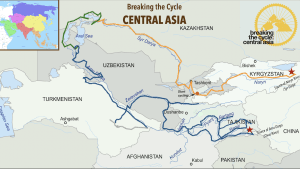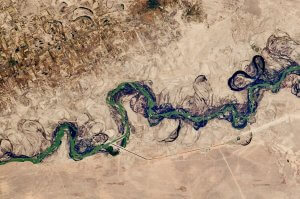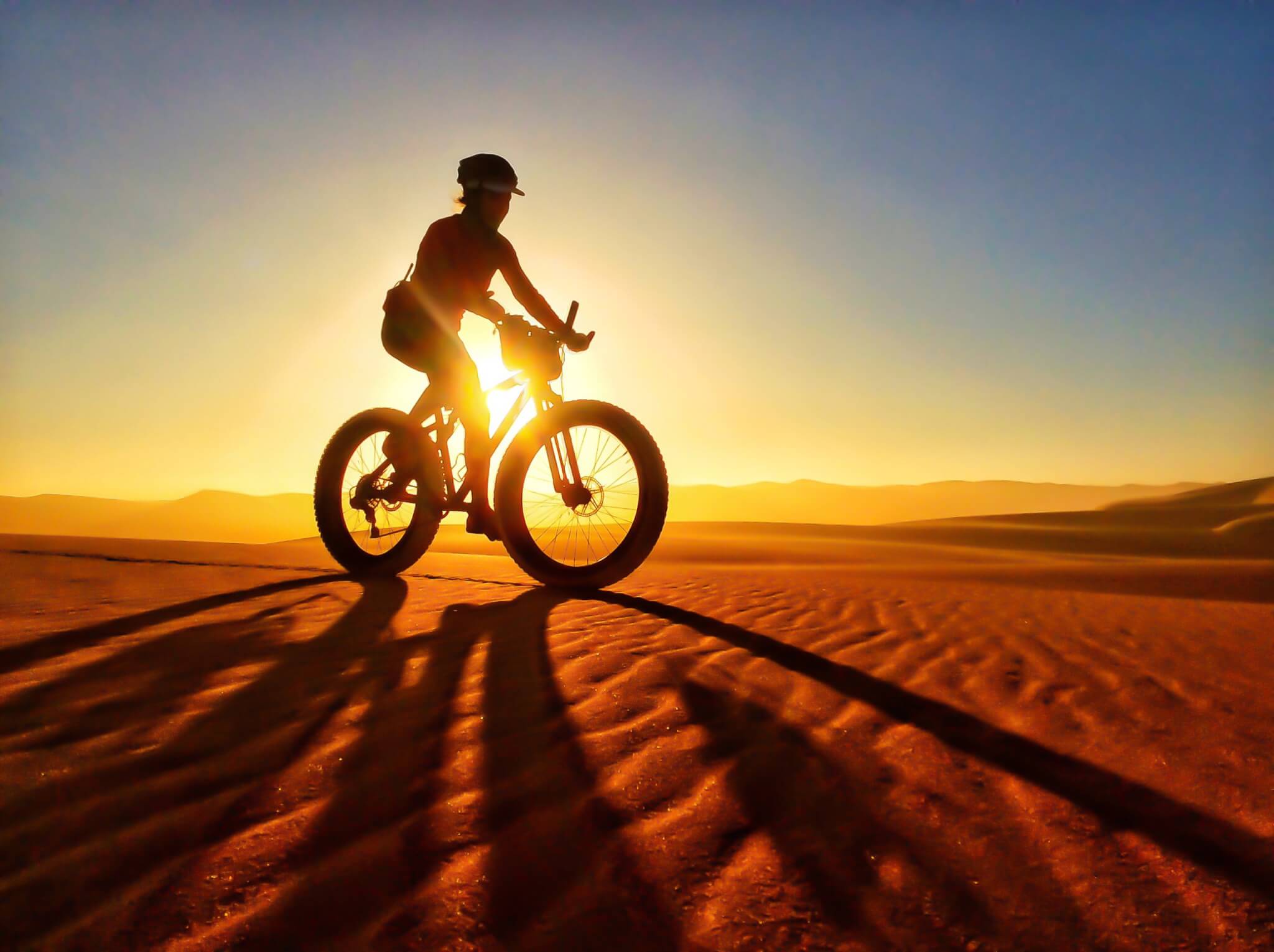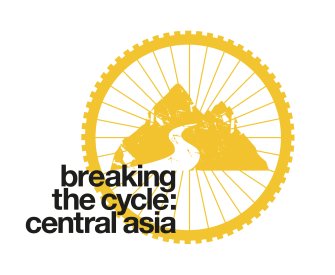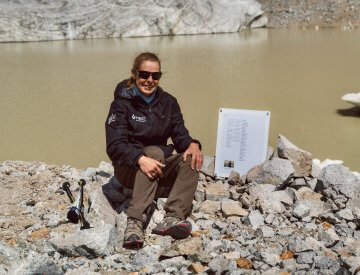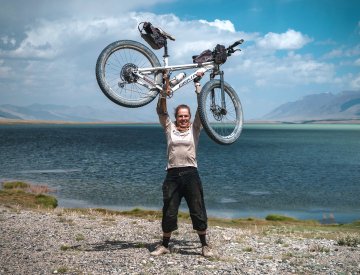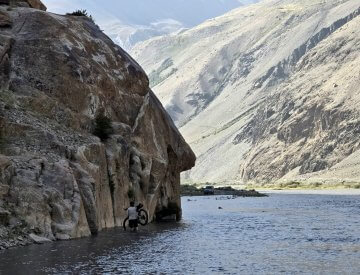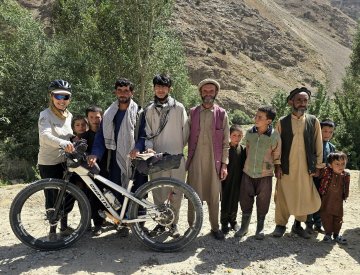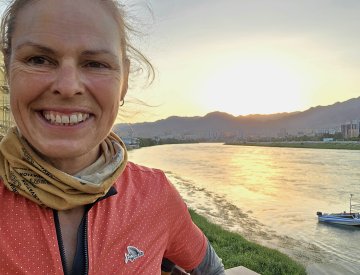Beginning on 22nd March 2025, World Water Day, this will be an epic five month bicycle journey through the heart of Central Asia.
My route will follow the Syr Darya (Jaxartes River) from its source in the Tien Shan, Kyrgyzstan, to the Aral Sea, and from there, trace the course of the Amu Darya (Oxus River), concluding with a search for its unverified true source in the Wakhan Corridor, Afghanistan.
This journey of discovery will take me through the high Tien Shan and Pamir mountains, the “water towers” of Central Asia, and across scorching deserts, as I explore the ethnically diverse realm of the ancient Silk Roads.
I will be investigating the vital role of water and the consequences of its mismanagement, especially in relation to the Aral Sea Basin. As cycling connects me to the people and the lands of Central Asia, water flowing down its glacier-fed rivers connects every aspect of life.
Water from the Amu Darya, however, no longer reaches the Aral Sea largely due to mismanagement of the river systems. Since the 1960s, the Aral Sea South coast has receded 100km; now, barely 10 percent of its water defies evaporation. This is largely due to blatant over-production of water-thirsty cotton and rice crops in the Soviet and post-Soviet eras, and compounded by the effects of climate change. Considered one of the worst man-made environmental disasters in history, toxic, saline dust causes severe health issues locally and has been detected as far away as Greenland’s icecap and in Antarctica’s penguins. The catastrophe serves as a warning to the rest of the world, of what might happen if we all don’t take better care of it.
Central Asia is the hub of the ancient Silk Route. It has been a crossroad of civilisations for millennia, where distinctive cultures have connected, mutually influencing each other. For the six nations that share the water resources of the Aral Sea Basin, managing and solving the water issues requires the same enduring legacy of the historic Silk Roads; cultural understanding, open dialogue, innovation and collaboration.
Travelling by bicycle will give me an intimate, grounded perspective of how the region fits together; the landscape and the local people – their history, cultures, the issues they face and their hopes for the future.
More information (expedition brochure) Central Asia…-compressed (3)
